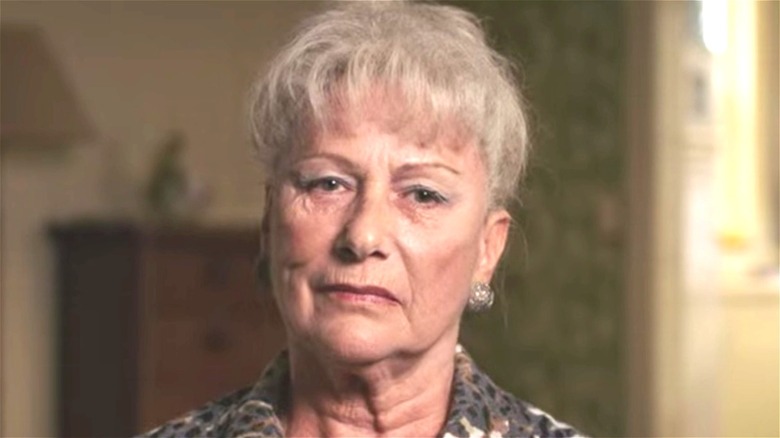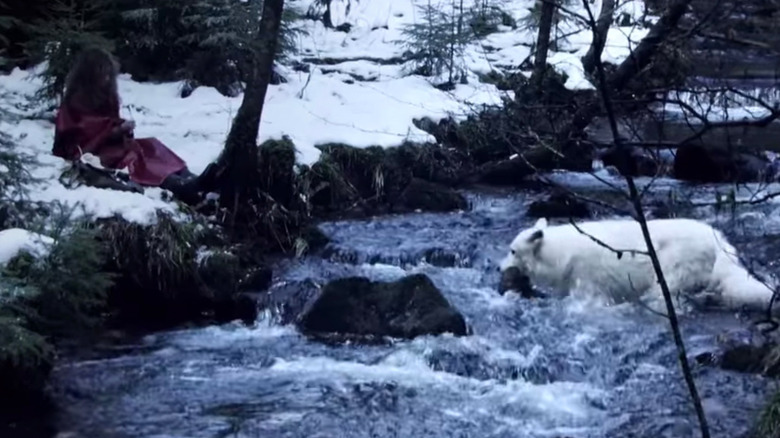The Extraordinary Holocaust Doc That Has Netflix Subscribers Gripped
World War II ended in 1945, and the Holocaust remains one of the worst crimes ever perpetuated against humanity. That makes documentaries about the Holocaust and its survivors invaluable resources in the preservation of memory. Even almost eight decades after the fall of Nazi Germany, more Holocaust documentaries emerge every year, shedding light on new aspects of the horrors that most of us might have never known. Netflix is often home to these Holocaust documentaries, and hits like "The Devil Next Door" have recently captivated audiences.
As time passes, preserving memories of the Holocaust becomes more and more difficult, for the simple reason that every year there are fewer and fewer survivors still alive to tell their stories. There's another way the passage of time works against us: The farther away we get from any major historical event, the more difficult it is to understand the truth as it really happened. Memories fade and are lost, or sometimes they're entirely fabricated.
That's the gist of a hit new Holocaust documentary on Netflix, "Misha and the Wolves." It premiered on the streaming platform on Aug. 11, 2021, and it's already ranked among Netflix's best documentaries.
Misha and the Wolves is as much about storytelling as it is about the Holocaust
"Misha and the Wolves" tells the story of Misha Defonseca, the Belgian-born Holocaust survivor who later settled in Holliston, Massachusetts. The story of "Misha and the Wolves" began on Holocaust Remembrance Day in 1989 or 1990, when Defonseca told the congregation at her synagogue a harrowing tale of survival. Defonseca claimed that as a child she had escaped the death camps by living in the wilderness with a pack of wolves. Her congregation was so moved that they persuaded her to write a memoir, which was published in 1997 to international acclaim.
Without getting too deep into spoilers, Defonseca's story later turned out to be not quite true. "Misha and the Wolves" chronicles the success of Defonseca's memoir, the ensuing investigation by her publisher, and Defonseca's eventual exposure as a fraud. Director Sam Hobkinson told The Guardian that "Misha and the Wolves" is about "how and why we believe things we are told to be true."
The truth about Defonseca has been known since 2008, but in an era when claims of "fake news" dominate the cultural conversation, "Misha and the Wolves" is more relevant than ever.

